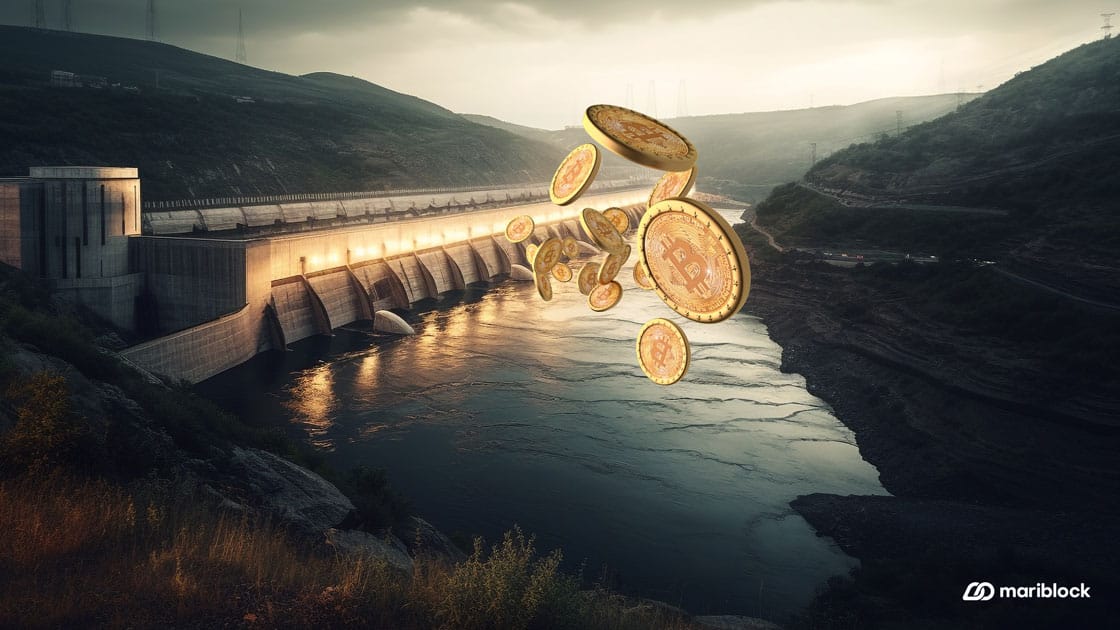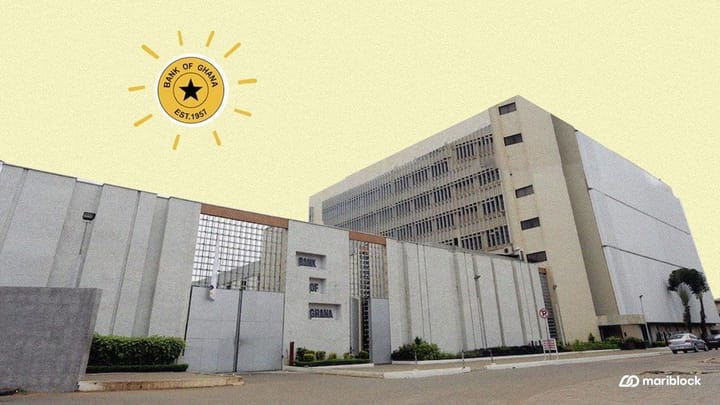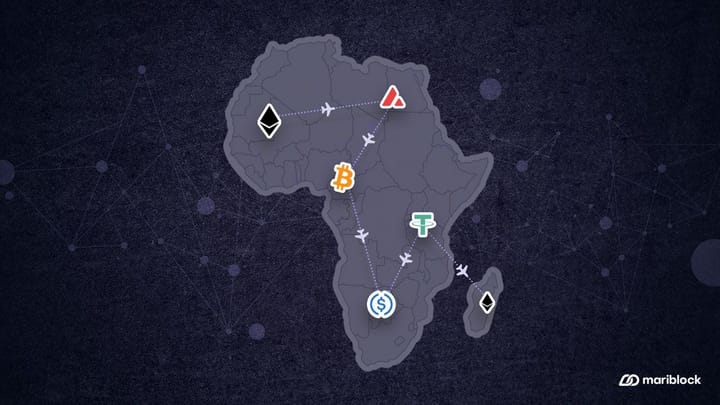Power play: Bitcoin miners flock to Ethiopia for low-cost electricity
The East African country hopes to earn much-needed foreign exchange by providing electricity to these mining companies.

Ethiopia is set to see more bitcoin mining activities as more companies look to set up shops in the country. Although the country’s officials are concerned about the potential pitfalls, the allure of earning foreign currency has made them warm up to these mining companies.
Stay up-to-date with the latest blockchain developments in Africa
The details
- According to a Bloomberg report, Ethiopia’s state-controlled power regulation agency has struck power deals with 21 bitcoin mining companies, 19 of which are Chinese.
- These companies, constantly hunting for cheap electricity after the Chinese government banned bitcoin mining two years ago, have found a home in the East African country, where energy is charged at 3.14 United States cents per kilowatt hour.
- An unnamed industry expert close to the matter told Bloomberg that the country’s officials are worried about the controversies surrounding bitcoin mining. However, the prospect of earning much-needed US dollars has made the proposition too good to ignore.
- According to Yodahe Zemichael, deputy director of Ethiopia’s Information Network Security Administration, the process of approving these mining companies is still in its preliminary stages.
- Bloomberg, however, reported that some of these companies are not waiting to receive government licensing before kickstarting their activities.
- Already, it is estimated that the country has risen to become one of the world’s top destinations for bitcoin mining machines.
Key quote
“The Ethiopian government permitted bitcoin mining mainly because the companies pay in foreign currency for the electricity they consume, Yodahe A. Zemichael, deputy director at the Information Network Security Administration, said in a response to questions from Bloomberg News.”
Dive deeper
To produce new bitcoins, miners compete with one another to solve complex mathematical calculations to validate transactions in a process referred to as Proof of Work (PoW).
- The first miner to solve the equation gets to verify and add valid transactions as new blocks to the blockchain and gets rewarded with 6.25 bitcoins. This is how newer coins are released into circulation.
- However, as the Bitcoin network grows, these calculations become tougher. Therefore, miners tend to invest in more powerful, energy-intensive computers to compete.
- Electricity fees can amount to as much as 80% of the total operational cost to run a mine, making it the chief driving force behind bitcoin mining costs.
As a result, miners tend to set up shop in places with cheap electricity fees and loose regulations to downplay the effects of the electricity costs on their overall profit.
- However, bitcoin mining has been heavily criticized due to its high electricity consumption.
- According to estimates, Bitcoin’s annual energy consumption is higher than most countries, and its carbon emissions are on par with diesel emissions on United States railroads.
Several countries have banned bitcoin mining because of its perceived effects on their electrical infrastructure.
- Last year, per a Mariblock report, Libyan authorities began a massive clampdown on bitcoin mining activities in the country, arresting 60 Chinese nationals in one fell swoop.
- The country believed that the activities of these mining companies were causing irreparable damage to its power plants and contributed to the frequent power cuts.
- In addition, Angola made definitive moves to regulate bitcoin mining activities in the country. Last December, it established clear regulations to govern cryptocurrency mining and the usage of its electrical infrastructure.
But
- A report from the Big Four global accounting firm, KPMG, has downplayed the environmental and social controversies surrounding bitcoin mining.
- In a report released in July 2023, the company said that the energy requirements of bitcoin mining are significantly lower than is often discussed.
- It added that while bitcoin does not directly impact the atmosphere, the electricity generation process produces carbon emissions, albeit at lower levels than publicly touted.
Meanwhile
- Ethiopia’s economy could do with earning more foreign exchange. Last December, Mariblock reported that the country defaulted on a scheduled $33 million Eurobond interest payment.
- According to the country’s finance minister, the payment could not be completed because Ethiopia’s foreign exchange reserves are depleted.
- The country is looking at other ways to earn USD to run its economy, including seeking an emergency funding plan from the International Monetary Fund.



